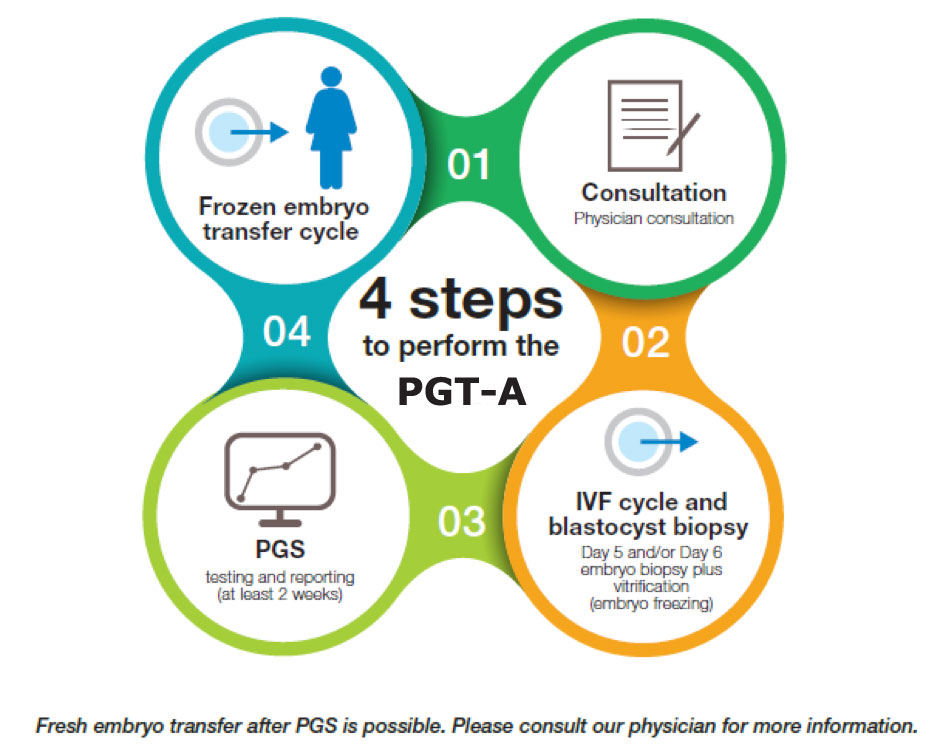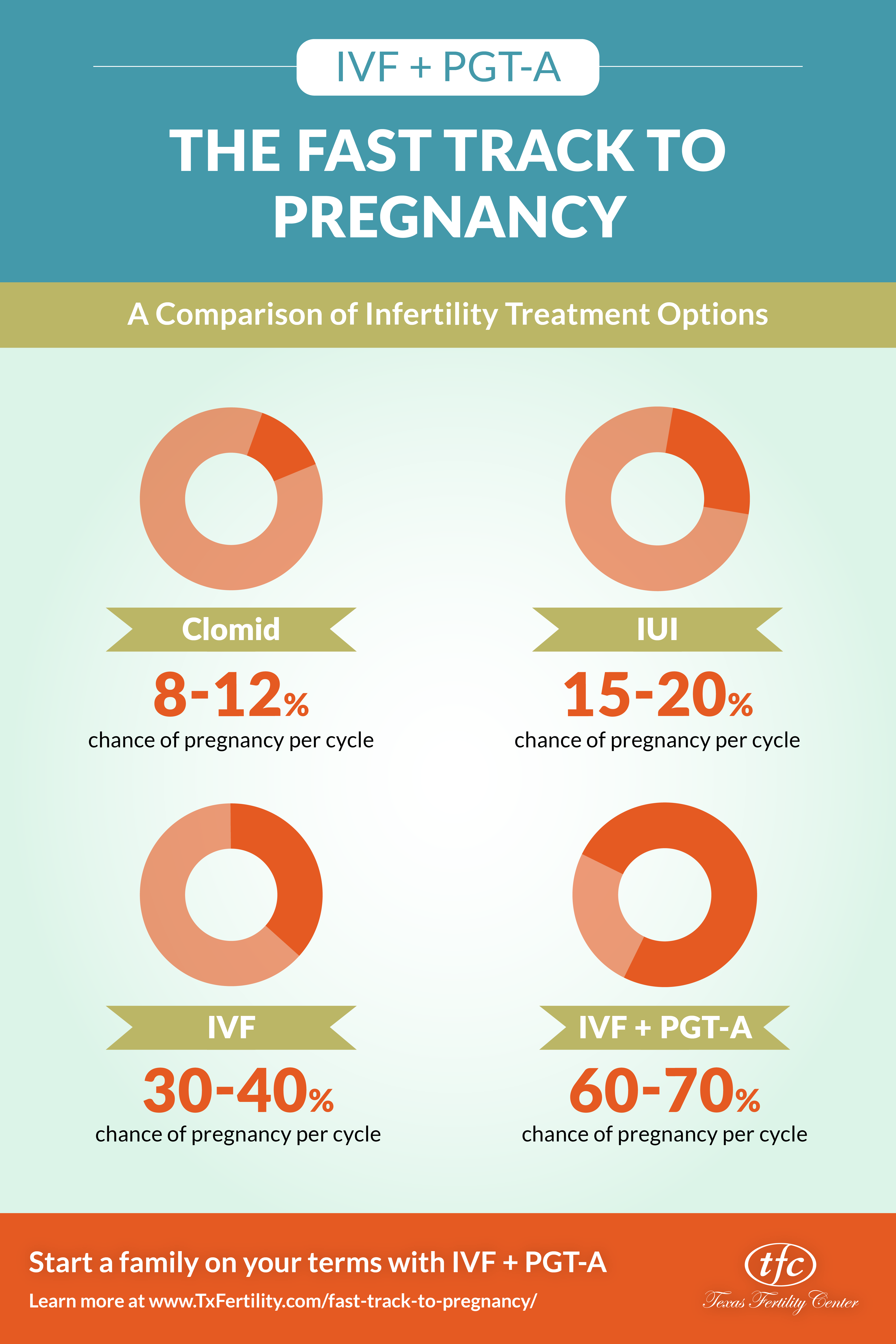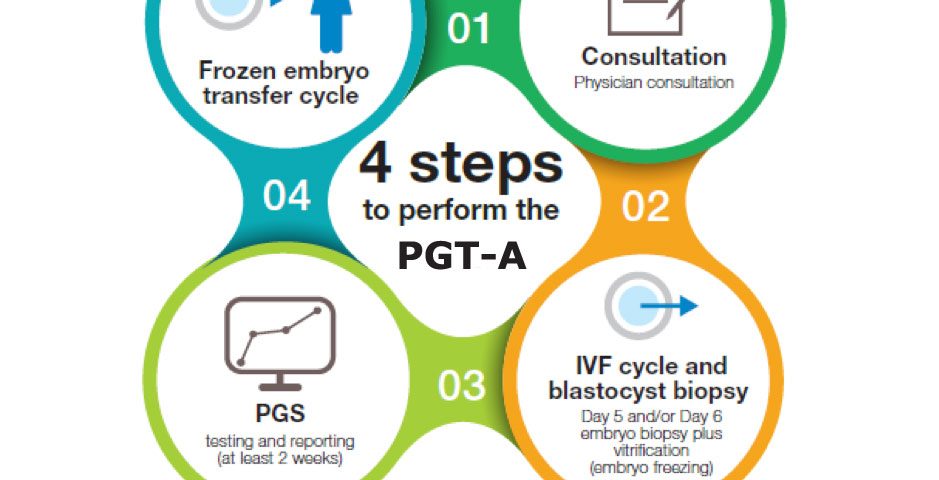
Michelle Obama’s IVF Story: A Deep Dive into Her Journey, Struggles, and Inspiration
April 8, 2025The Psychological Journey of IVF with PGT-A: What You Don’t Hear About
In vitro fertilization (IVF) paired with preimplantation genetic testing for aneuploidy (PGT-A) is a life-changing process for many hopeful parents. It’s a rollercoaster of emotions, decisions, and unexpected moments that can leave you feeling thrilled one day and exhausted the next. While the science behind it—testing embryos for chromosomal abnormalities to boost the chances of a healthy pregnancy—is incredible, the real story lies in the human experience. What does it feel like to go through this? What are the hidden struggles, the quiet victories, and the quirky habits people pick up along the way?
This isn’t just about needles and lab results. It’s about the late-night worries, the secret playlists you make to cope, and the surprising ways this journey reshapes your mind and heart. Let’s dive into the psychological experience of IVF with PGT-A, uncover the stuff no one talks about, and share practical tips to help you navigate it all—backed by the latest insights and real-life stories.
The Emotional Highs and Lows: A Day-to-Day Reality
What It Feels Like
IVF with PGT-A isn’t a straight line—it’s more like a wave that keeps crashing and calming. One minute, you’re buzzing with hope as you imagine holding your baby. The next, you’re staring at your phone, waiting for test results, feeling like your whole future hangs on a single call. Studies show that up to 40% of women going through IVF experience symptoms of anxiety or depression at some point, and PGT-A can crank that intensity up even more because of the added layer of embryo testing.
The Hidden Stuff
Here’s what you might not hear from your doctor or see on social media:
- The Guilt Trap: Many people secretly blame themselves if an embryo doesn’t pass the PGT-A test. “Did I eat the wrong thing? Was it that glass of wine six months ago?” It’s irrational, but it creeps in.
- The Waiting Game: After the embryo biopsy, waiting for PGT-A results (sometimes a week or more) feels like time stops. People admit to refreshing their email 50 times a day or avoiding their phone entirely to dodge bad news.
- The Comparison Game: You might stalk IVF forums or Instagram, comparing your embryo count to others’. If someone gets five “normal” embryos and you get two, it stings—even if two is still a win.
What Science Says
A 2020 study from the National Institutes of Health found that the uncertainty of genetic testing during IVF—like PGT-A—amps up stress more than the injections or procedures themselves. It’s not just about the physical stuff; it’s the not knowing that gets under your skin.
Tips to Ride the Wave
✔️ Create a “Worry Window”: Set aside 15 minutes a day to let yourself stress out—then move on. It sounds weird, but it keeps the anxiety from taking over.
❌ Don’t Google Every Symptom: You’ll end up convinced you’ve ruined everything. Stick to your doctor’s advice.
✔️ Lean on a Ritual: One woman I heard about lit a candle every night while waiting for results. It wasn’t magic—it just gave her something to hold onto.
Decision Fatigue: Picking Embryos Feels Personal
The Weight of Choice
PGT-A hands you a report card for your embryos: “normal” (euploid) or “abnormal” (aneuploid). It’s supposed to make things easier by picking the healthiest ones, but for many, it feels like playing judge over tiny lives. Do you transfer the one “normal” embryo now? Freeze it and try for more? What if it’s mosaic (a mix of normal and abnormal cells)? These choices can haunt you.
Behind Closed Doors
- The Nickname Habit: Some people give their embryos silly names like “Peanut” or “Rocket” to lighten the mood. It’s a secret way to feel connected without getting too attached.
- The Gender Surprise: PGT-A can reveal an embryo’s sex, and that throws some for a loop. One couple admitted they argued over whether to pick a boy or girl first—something they never expected to stress about.
- The “What If” Spiral: If an embryo fails the test, you might wonder, “Could it have worked anyway?” It’s a rabbit hole of doubt no one prepares you for.
Expert Insight
Dr. Jane Miller, a fertility psychologist, says, “PGT-A gives patients power, but it also piles on responsibility. People don’t just see data—they see potential babies, and that’s heavy.”
How to Handle It
✔️ Talk It Out: Sit with your partner or a friend and list pros and cons for each option. Saying it aloud cuts through the fog.
❌ Don’t Rush: Don’t let the clinic’s timeline pressure you into a snap decision. Take a day or two if you can.
✔️ Write a Letter: Jot down your thoughts to your future kid. It’s cheesy, but it can clarify what matters most to you.
The Social Side: Who Do You Tell?
The Privacy Dance
IVF with PGT-A is deeply personal, but it’s tough to hide when you’re dodging wine at dinner or sneaking off for appointments. Some blab to everyone for support; others keep it locked up tight, scared of pity or nosy questions.
Quirky Confessions
- The Cover Stories: One woman told her boss she had “dental work” for every ultrasound. Another guy said he was “training for a marathon” to explain his mood swings from hormone meds.
- The Secret Cheerleaders: People often pick one “safe” person—like a sibling or coworker—who gets the full scoop while everyone else stays in the dark.
- The Social Media Temptation: You might want to post a cryptic ultrasound pic, but then panic about explaining a failed cycle later.
What Research Shows
A 2023 survey found that 60% of IVF patients felt judged by friends or family, especially when genetic testing was involved. PGT-A adds a layer of complexity—people don’t get why you’d “screen” embryos, and some assume it’s about “designer babies.”
Survival Strategies
✔️ Set Boundaries: Practice a line like, “We’re working on something private—thanks for understanding.” It’s polite but firm.
❌ Don’t Overshare: Telling too many people can backfire if you need space later. Pick your crew wisely.
✔️ Find Your Tribe: Online IVF groups can be a lifeline—strangers who get it without the baggage of real-life ties.
The Unexpected Coping Mechanisms
How People Get Through
The psychological grind of IVF with PGT-A sparks some wild habits. These aren’t in the clinic handbook, but they’re how real people stay sane.
The Fun Stuff
- The Lucky Socks: One guy wore the same goofy pineapple socks to every appointment because they made his wife laugh.
- The Binge Factor: Netflix marathons—think Stranger Things or The Great British Bake Off—become a go-to escape during the two-week wait after transfer.
- The Food Rituals: Some swear by pineapple core (for its bromelain, said to help implantation) or invent “fertility smoothies” with random ingredients like kale and hope.
Science Weighs In
A 2022 study in Fertility and Sterility found that creative outlets—like journaling or even knitting—cut stress levels by 20% in IVF patients. It’s not about the activity; it’s about giving your brain a break from overthinking.
Try These Yourself
✔️ Pick a Distraction: Start a puzzle, paint a wall, or learn to bake bread. Anything hands-on works.
❌ Skip the Booze: It’s tempting to unwind with a drink, but it messes with your meds and mood.
✔️ Make a Playlist: Curate songs that lift you up—think “Sweet Caroline” or whatever gets you dancing.
The Partner Dynamic: Together, But Not Always in Sync
The Team Challenge
IVF with PGT-A tests your relationship in ways you don’t expect. You’re in it together, but you might not feel the same things at the same time. One of you might be optimistic while the other’s quietly freaking out.
The Untold Struggles
- The Silent Guy: Men often hide their stress to “stay strong,” but inside, they’re just as wrecked. One husband admitted he cried in his car after every negative update.
- The Blame Game: If PGT-A shows more aneuploid embryos from one partner’s side (like older eggs), it can spark tension—unspoken or not.
- The Intimacy Shift: Sex becomes a choreographed science project, and the romance can fade. Couples confess to missing the spontaneity.
Expert Voice
Relationship therapist Sarah Kline notes, “IVF amplifies differences. One partner might need to vent while the other wants silence—it’s normal, but it takes work to bridge.”
Keep the Connection
✔️ Check In Daily: Ask, “How are you feeling today?”—and really listen.
❌ Don’t Assume: Just because they’re quiet doesn’t mean they’re fine. Dig a little.
✔️ Plan a Non-IVF Date: Go bowling or stargazing—something silly to remind you why you’re a team.
The Mosaic Mystery: When Results Aren’t Black-and-White
What’s a Mosaic Embryo?
PGT-A doesn’t always give a yes-or-no answer. Sometimes, it flags an embryo as “mosaic”—meaning some cells are normal, some aren’t. It’s like getting a “maybe” on a test you studied hard for. Do you transfer it? Freeze it? Toss it? No one’s 100% sure.
The Emotional Twist
- The Hope-Doubt Mix: Mosaic embryos offer a glimmer of possibility—some have led to healthy babies—but the uncertainty can drive you nuts.
- The Doctor Divide: Clinics handle mosaics differently. One might say “go for it,” while another says “too risky.” It’s maddening to get mixed messages.
- The Personal Debate: Couples wrestle with ethics—transferring a mosaic feels like a gamble, but discarding it feels like giving up.
Latest Research
A 2024 study in Human Reproduction found that 15-20% of mosaic embryos can result in live births, but the success rate drops compared to fully normal ones. The catch? No one can predict which ones will work.
What to Do
✔️ Ask Questions: Push your doctor for stats—like, “What’s your clinic’s success rate with mosaics?”
❌ Don’t Panic: A mosaic isn’t a death sentence—get a second opinion if you’re unsure.
✔️ Step-by-Step Guide:
- Review the report with your embryologist.
- Weigh risks (miscarriage is higher) vs. rewards (it might be your only shot).
- Decide as a team—gut and data together.
The Two-Week Wait: Surviving the Longest 14 Days
The Mental Marathon
After the embryo transfer, you wait two weeks for a pregnancy test. It’s brutal—every twinge feels like a clue, and every normal day feels like failure. PGT-A might boost your odds, but it doesn’t kill the suspense.
The Weird Habits
- The Symptom Hunt: You’ll Google “implantation signs” until your eyes blur, wondering if that sneeze was a miracle.
- The Bed Rest Myth: Some stay glued to the couch, convinced moving will ruin everything (spoiler: it won’t).
- The Distraction Dance: People take up random hobbies—like origami or reorganizing closets—to fill the void.
Science Says
A 2021 study showed that cortisol (stress hormone) levels spike during the two-week wait, especially for PGT-A patients who’ve invested so much in “perfect” embryos. It’s biology, not weakness.
Stay Sane
✔️ Limit Testing: Don’t pee on a stick every day—it’ll drive you crazy. Wait for the blood test.
❌ Avoid the Void: Don’t just sit and stare—keep busy with light stuff like walking or reading.
✔️ Self-Care Kit: Stock up on cozy socks, a funny movie, and your favorite snack. Treat yourself.
Success or Setback: Processing the Outcome
The Big Moment
Whether it’s a positive test or a negative one, the result hits hard. PGT-A can raise expectations—after all, you transferred a “normal” embryo—so a failure feels like a betrayal.
The Raw Truth
- The Quiet Joy: A positive test doesn’t always mean instant celebration. Some feel cautious, waiting for the next ultrasound to believe it.
- The Silent Grief: A negative result can spark tears—or just numbness. One woman said she stared at her dog for an hour, feeling nothing.
- The Next Steps Panic: If it fails, you’re back to square one—deciding whether to try again or call it quits.
Expert Perspective
Dr. Emily Chen, a reproductive endocrinologist, explains, “PGT-A improves odds, but it’s not a guarantee. Patients need space to feel that disappointment without shame.”
Moving Forward
✔️ Celebrate Small: If it’s a yes, buy a tiny onesie—or just hug your partner. Keep it simple.
❌ Don’t Bottle It: If it’s a no, cry, scream, or talk—don’t pretend you’re okay.
✔️ Regroup Plan:
- Take a breather—days or weeks, your call.
- Meet your doctor to decode what happened.
- Map out Plan B, whether it’s another round or a new path.

The Long-Term Impact: How It Changes You
Beyond the Clinic
IVF with PGT-A doesn’t end when you leave the doctor’s office. It rewires how you see yourself, your body, and your future—win or lose.
The Lasting Echoes
- The Control Craving: After micromanaging embryos, some get obsessed with planning every detail of life.
- The Gratitude Shift: Those who succeed often say they cherish parenthood more because of the fight.
- The Lingering Scars: Even with a baby in arms, the stress can leave you jumpy about health or loss.
What Studies Show
A 2023 paper in Psychology Today found that IVF patients report higher resilience long-term—they’ve faced the fire and come out tougher, even if bruised.
Embrace the New You
✔️ Reflect: Journal about what you’ve learned—it’s cathartic.
❌ Don’t Compare: Your story’s unique—don’t measure it against others’.
✔️ Build a Ritual: Light a candle each year to mark the journey, whether it’s a birthdate or a memory.

Practical Tools and Hacks for the IVF-PGT-A Mindset
Your Survival Toolkit
Here’s a grab-bag of ideas to keep your head above water, pulled from real people and fresh research.
The Goodies
- The Anxiety Buster: Try a 5-minute breathing trick—inhale for 4, hold for 4, exhale for 8. It’s science-backed to calm your nerves.
- The Sleep Saver: Melatonin (check with your doc) or a white noise machine can fight the insomnia that hits during treatment.
- The Hope Anchor: Keep a “wins” jar—write down every good moment (like a strong embryo count) and read them when you’re low.
Data to Know
A 2024 fertility clinic report showed that patients who used mindfulness apps during IVF cut their stress scores by 25%. It’s not woo-woo—it’s real.
Your Action Plan
✔️ Daily Boost: Pick one thing each day that feels good—a walk, a cookie, a call to Mom.
❌ Skip the Noise: Unfollow IVF accounts that stress you out—curate your feed.
✔️ Cheat Sheet:
- Wake up, stretch, breathe.
- Tackle one IVF task (call the clinic, take meds).
- Reward yourself—small wins matter.
Let’s Talk: Your Turn
This journey’s wild, right? What’s been your biggest surprise with IVF and PGT-A? Drop a comment below—share your weird coping trick, your toughest day, or just vent. Maybe you’ve got a lucky charm or a go-to song that’s keeping you going. I’m here to listen, and so is this community. Let’s swap stories and lift each other up—because no one should feel alone in this.
